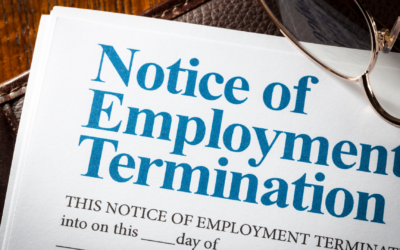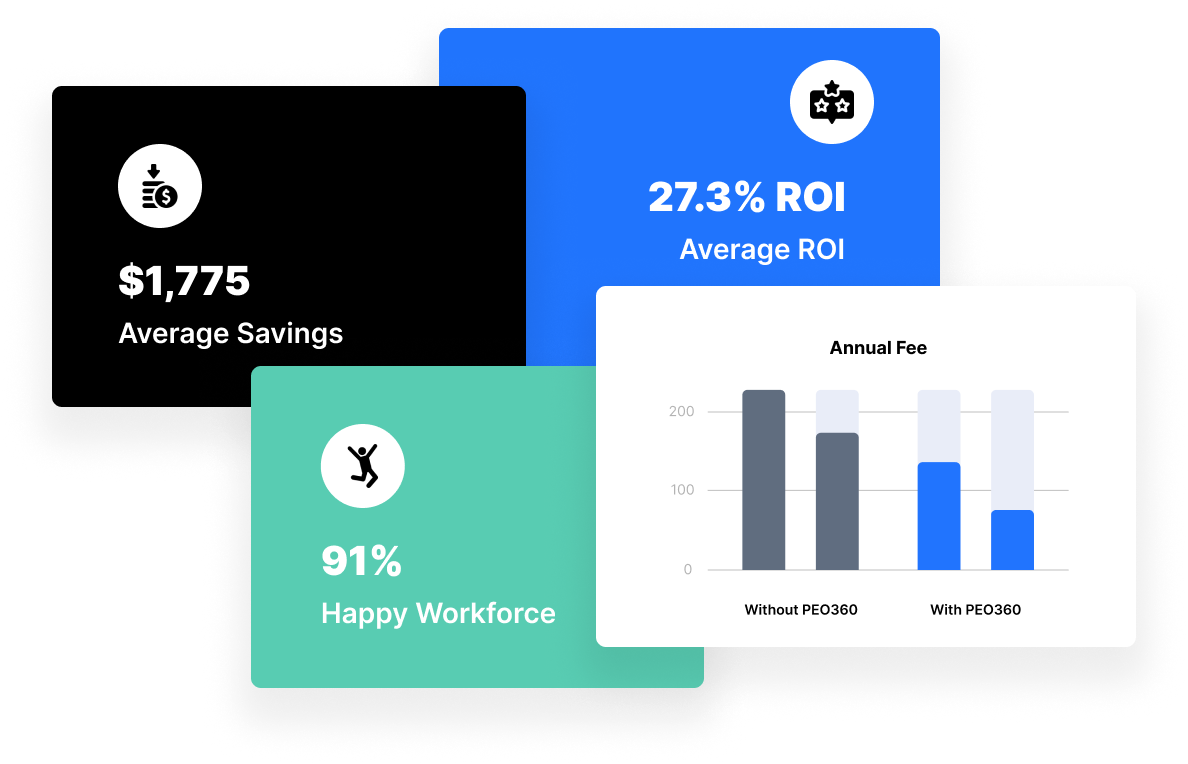Choosing the right Professional Employer Organization (PEO) can be a game changer for small- and medium-sized businesses, especially those aiming to streamline HR, access comprehensive benefits, and stay compliant with employment laws. However, there’s a key distinction within the PEO world that every business leader should understand: Certified PEOs (CPEOs) vs. non-certified PEOs. Let’s dive into the benefits of each, and why choosing the right one could impact your payroll, tax liabilities, and overall compliance.
What is a PEO?
A PEO, or Professional Employer Organization, helps small- and medium-sized businesses access the same benefits as large corporations. By pooling many small businesses together, a PEO can negotiate better health plans, offer cost-effective payroll processing, and provide comprehensive HR services. Additionally, a PEO often helps businesses navigate the complex landscape of employment regulations, freeing up time for owners and executives to focus on growing their company.
What is a CPEO?
In 2017, the IRS introduced the concept of a Certified PEO (CPEO) as part of the Small Business Efficiency Act. This certification is more than just a title. A CPEO meets stringent requirements set forth by the IRS, which include operational audits, financial stability reviews, and compliance with specific bonding and working capital standards.
While both PEOs and CPEOs offer a similar suite of services, CPEOs provide some added benefits that can be crucial for companies navigating tax liabilities and compliance.
Key Benefits of CPEOs Over Non-Certified PEOs
Sole Liability for Federal Payroll Taxes
One of the biggest distinctions between a CPEO and a non-certified PEO is how they handle federal payroll taxes. A CPEO assumes the sole statutory liability for federal payroll taxes on wages processed through their system. This means if a CPEO processes your payroll and there are issues with tax payments, the IRS will hold the CPEO responsible.
In contrast, with a non-certified PEO, if they fail to pay federal payroll taxes on time, the IRS can come after your company for those unpaid taxes. This risk is one of the most significant considerations when weighing the benefits of a CPEO.
Limiting Double Taxation
When transitioning payroll providers in the middle of a tax year, one of the common challenges businesses face is double taxation. This occurs when payroll tax wage bases are restarted, leading to a higher tax burden.
With a CPEO, there is clear statutory authority that prevents double taxation when joining or leaving a CPEO mid-year. This benefit can lead to significant savings and a smoother transition when switching payroll providers.
Compliance and Financial Requirements
Certified PEOs are held to higher compliance standards, including ongoing bonding, maintaining working capital, and regular audits by the IRS. This means your business benefits from an extra layer of security and assurance that your HR and payroll operations are being handled by a provider that meets rigorous standards.
Why Does Certification Matter?
The certification of a PEO provides peace of mind to business leaders. The additional audits and regulatory requirements that CPEOs must fulfill give them a higher degree of credibility and trustworthiness. Partnering with a CPEO means working with an organization that has demonstrated stability and compliance, which can be crucial in today’s complex regulatory environment.
PEO vs. CPEO: Which One Should You Choose?
Ultimately, the choice between a PEO and a CPEO depends on the specific needs of your business. If federal payroll tax liability and regulatory compliance are major concerns, a CPEO might be the better choice. Their certification helps mitigate risks and offers added protection, especially if your company is planning for rapid growth or already has a complex payroll structure.
Non-certified PEOs can still be an excellent choice for businesses that need access to pooled benefits and HR support but are comfortable with a bit more risk regarding tax responsibilities.
Get the Right Guidance with PEO 360
Navigating the world of PEOs can be complex. At PEO 360, we help startup founders, CFOs, and HR leaders find the best fit for their organization. With our data-driven, unbiased insights, we simplify the PEO selection process to match your growth goals and budget.
Ready to streamline your HR and benefits? Connect with PEO 360 today for a personalized PEO consultation and evaluation. Let us help you find the right partner for your business needs.
PEO 360’s expertise ensures you select the right partner for your growth, whether it’s a CPEO for added compliance and tax security or a non-certified PEO for simplicity and flexibility. Contact us today to get started on your journey to optimized HR and benefits management.





